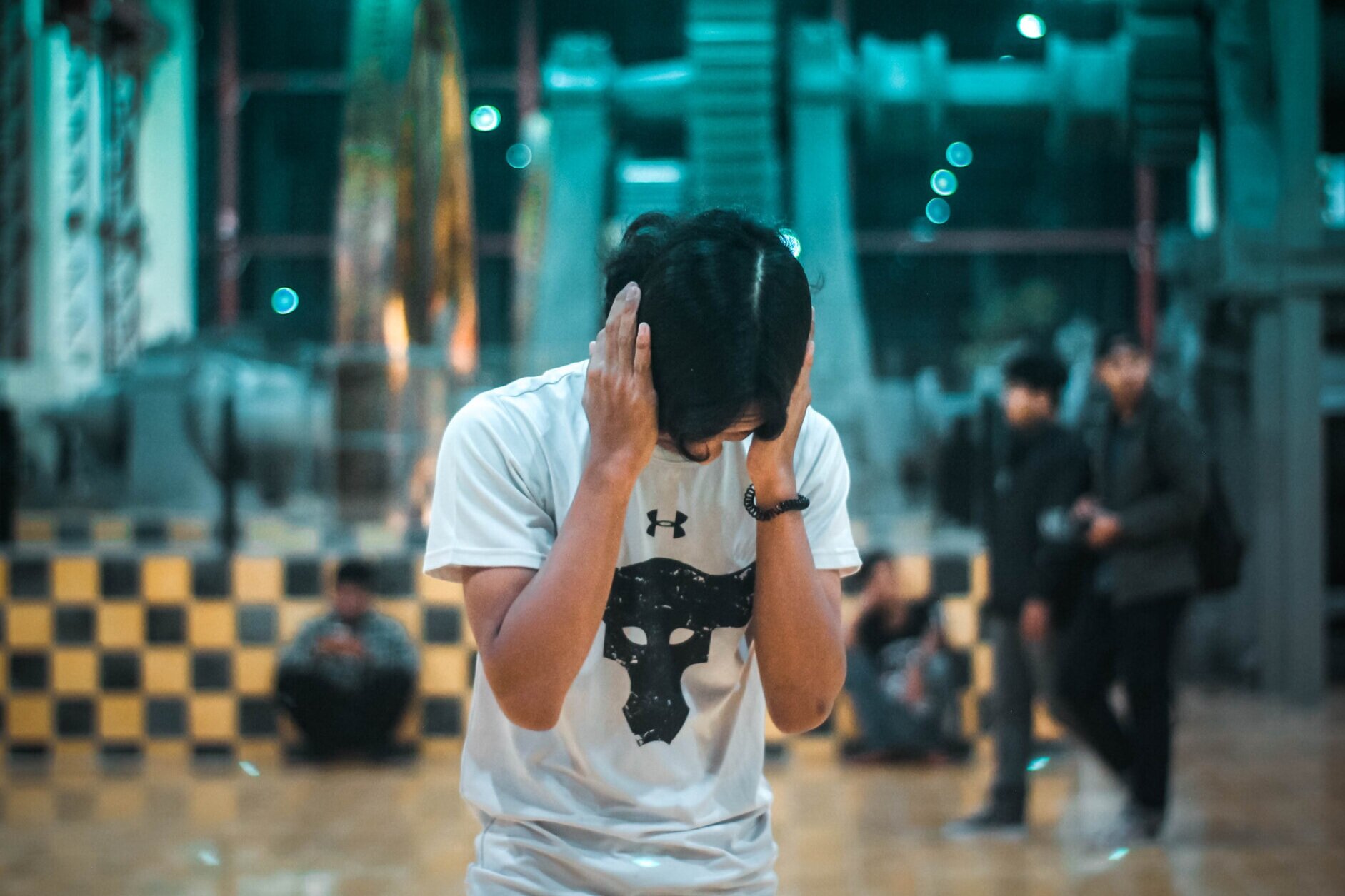Misophonia: Why Certain Sounds are So Irritating
It’s not uncommon to hear people complaining about noisy chewers or pen clickers. However, for a handful of individuals who suffer from Misophonia, these sounds are much more than a little annoyance. Instead, the sounds provoke intense emotional distress and behavioral responses, such as avoidance.
What is Misophonia?
There is no official criteria for diagnosing Misophonia in the Diagnostic and Statistical Manual of Mental Disorders (DSM-5) and Misophonia presents differently in every individual. However, according to researchers at Duke, Misophonia appears to be a “neurologically based disorder in which certain auditory stimuli are misinterpreted as dangerous” (Brout, J.J. and Rosenthal, M.Z., 2016, Slide 15). Essentially, individuals with Misophonia are responding to certain sounds AS IF they were dangerous.
What are the Signs and Symptoms?
Immediate, automatic aversive response to specific sounds (and sometimes visuals) regardless of decibels
Most common trigger sounds are:
Chewing
Throat clearing
Slurping
Finger tapping
Keyboard tapping
Pen clicking
Typical responses to triggers:
Emotional (distress, anger, disgust, anxiety)
Physiological (muscle tension, headaches, stomach issues)
Cognitive (difficulty focusing, blaming others/oneself, worrying)
Behavioral (avoidance, escape, withdrawal from aversive stimuli)
What Causes Misophonia?
No single cause has been determined
Most likely related to “atypical connectivity between auditory brain areas and the parts of the brain that process emotion” (Brout, J.J. and Rosenthal, M.Z., 2016, Slide 10).
How is Misophonia Treated?
There are currently no evidence-based treatments for Misophonia. Therefore, researchers recommend a multidisciplinary assessment and intervention approach, including working with occupational therapists, psychotherapists, neurologists, psychiatrists, and audiologists.
To date, many psychological interventions include the following:
Distress tolerance skills
Cognitive reappraisal skills
Learning when to avoid and when to approach sounds (this is unlike most treatments for anxiety disorders and OCD).
Mindfulness
Cognitive defusion
References:
Brout, J.J., Edelstein, M., Erfranian, M., Mannino, M., Miller, LJ., Rouw, R., Kumar, S., & Rosenthal, M.Z. (2018). Investigating Misophonia: A Review of the Empirical Literature, Clinical Implications and a Research Agenda. Frontiers in Neuroscience, 12 (36).
Brout, J.J. and Rosenthal, M.Z. (2016). When sounds trigger strong reactions: New research on misophonia and what you can do [Video webinar]. Retrieved from https://www.youtube.com/watch?v=QC7LvEt6N38
Lewin, A.D., Storch, E.A. & Murphy, T.K. (2015). Like nails on a chalkboard: A misophonia overview. International OCD Foundation: OCD Newsletter. 29 (2). Retrieved from https://iocdf.org/expert-opinions/misophonia/

